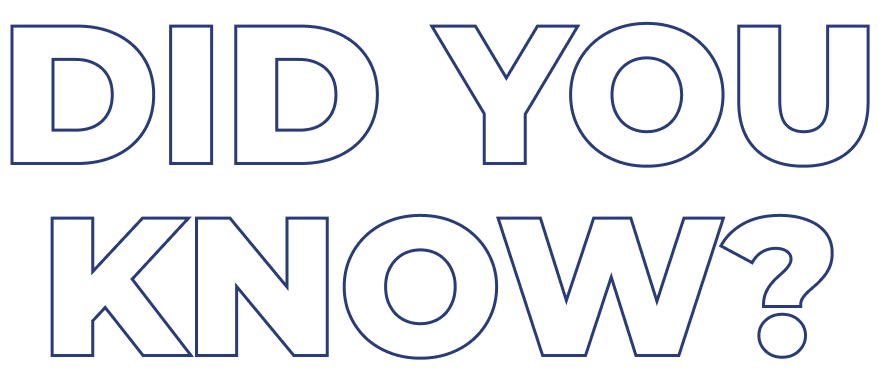What does the 18th-century economic term "laissez-faire" translate to?

The French phrase "laissez faire" literally means “allow to do,” with the idea being “let people do as they choose.” The origins of laissez-faire are associated with the Physiocrats, a group of 18th-century French economists who believed that government policy should not interfere with the operation of natural economic laws. The original phrase was “laissez faire, laissez passer,” with the second part meaning “let (things) pass.” Laissez-faire, which first showed up in an English context in the first half of the 19th century, can still mean “a doctrine opposing governmental interference in economic affairs,” but it is also used in broader contexts in which a “hands-off” or “anything-goes” policy or attitude is adopted.
Source: Merriam Webster
Popular Answers
- Market debt
- Tight rope
- Extremely high
- Allow to do
Share the fun!
Treat a friend to a bite of trivia.





